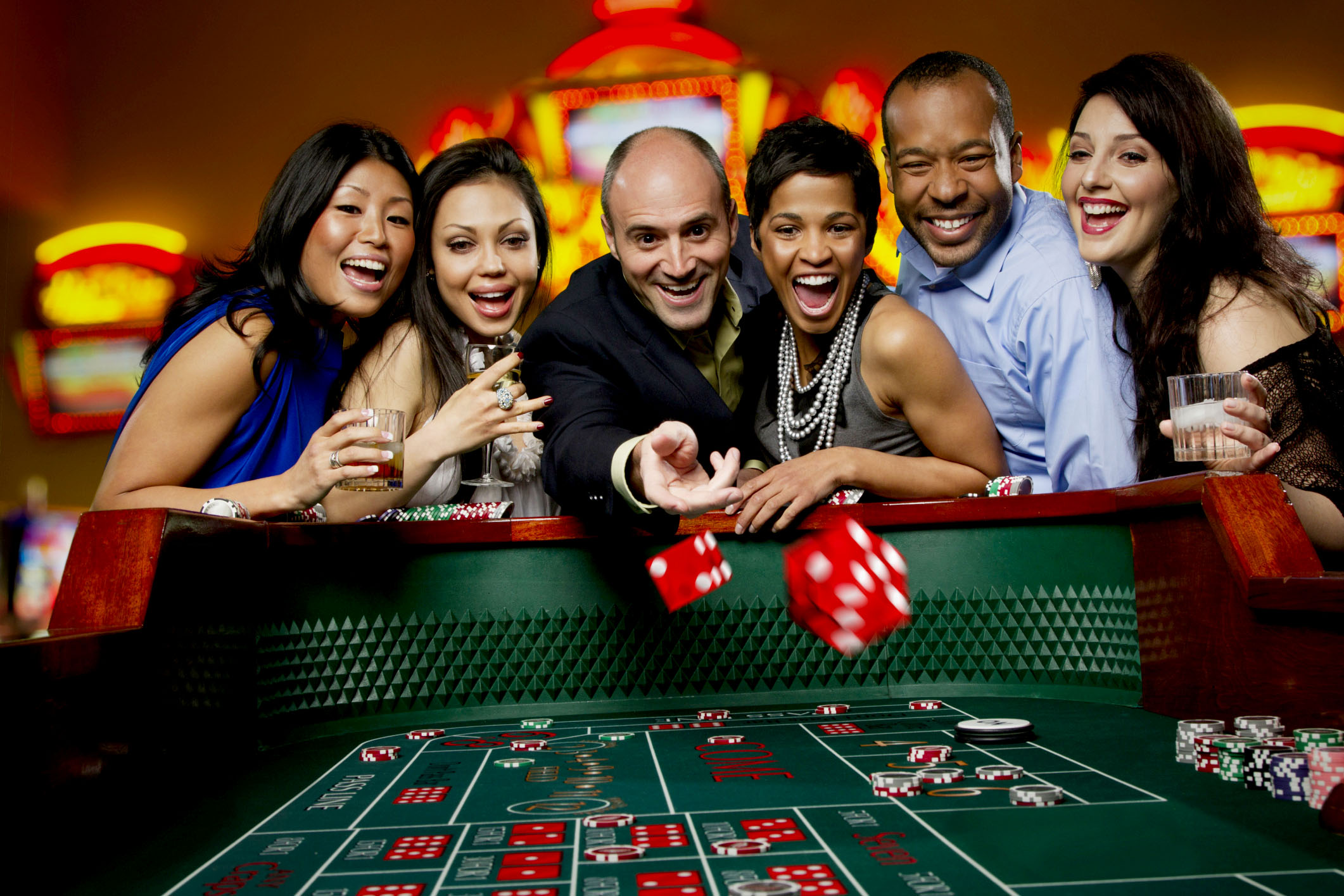Gambling games have enthralled enthusiasts for ages, luring them into a world of thrill, chance, and prosperity. From the sparkling lights of video slots to the tactical intensity of card tables, these experiences offer a special mixture of entertainment and exposure. However, underneath the facade of this glitz and finesse lies a intricate interplay of calculations that influences every conclusion and action made within the gaming hall.
Understanding this connection between casino games and math not only enhances the playing experience but can also help players make informed decisions. Whether you are a occasional punter or a passionate follower, recognizing the mathematical principles at play can provide valuable insights into likelihood, odds, and tactics, eventually shaping how one tackles these games of luck.
Mathematical Likelihood in Betting
In the world of gambling activities, statistical likelihood plays a vital role in assessing outcomes and informing gambler choices. Each activity has a distinct set of regulations and a specific likelihood model that shapes its mechanics. For example, in games like the roulette wheel, players must understand the chances of landing a particular number or shade. The likelihood of certain occurrences occurring can be calculated, and this understanding can significantly influence betting strategies.
Gambers also need to be cognizant of the house advantage, which is the statistical benefit that casinos hold over players in the long term. This advantage differs across various games. In blackjack, skilled players can use strategies to lower the casino edge to as low as 1 %, while in activities like slots, the casino advantage can be much higher. Comprehending the house advantage allows players to make educated choices about which activities to play and the amount to wager.
Moreover, probability is essential in the concept of risk versus gain in betting. Every bet carries a particular danger level, and gamblers must consider the potential payout against that risk. Activities like poker require players to not only assess the chances of their personal hand winning but also to assess the likelihoods of their rivals’ showings. By applying statistical principles to their strategy, players can enhance their odds of success and participate more effectively in the exciting realm of gambling activities.
Anticipated Worth in Gambling Activities
When discussing casino games, one of the fundamental concepts rooted in mathematics is the anticipated worth. This numerical measure helps players grasp the potential outcomes of their bets over a period. In basic terms, expected value (EV) determines the mean amount a player can expect to gain or suffer per wager if they were to play the activity repeatedly. Each activity has its unique EV, affected by the odds and the casino advantage, which indicates the benefit that the gambling establishment holds.
For instance, think of a activity like roulette. The expected value can be derived based on the specific wager made. If a player bets on a individual number, the return is 35 to 1, but the actual odds of winning that bet are 1 in 37 (in Euro the roulette game). This results in a detrimental anticipated worth, indicating that, on average, players will lose money over a period when playing this type of wager. Grasping this concept allows players to make more educated choices about which activities and wagers may be more favorable.
Furthermore, the exploration of anticipated worth can lead to better bankroll management. Players who understand the mathematics behind their games are often able to set practical goals. By recognizing their potential deficits and profits, they can modify their playing strategies accordingly, which may enhance their total gaming experience overall. As a result, expected value serves as a critical resource for both beginner and experienced players to steer through the frequently unpredictable nature of gambling activities.
Tactics and Odds: The Mathematics Behind Success
In gambling games, comprehending the chances is crucial for gamblers looking to boost their chances of success. Each activity has its own distinct set of chances that establish successful results, and these statistics are often found in the game’s guidelines or payout schedules. For case, in games like blackjack, gamblers can boost their odds through tactics such as tracking cards, which relies on arithmetic concepts to gain an upper hand over the house. By familiarizing themselves with the chances, players can make more educated decisions on when to bet and when to fold. rockstar66a.com
Furthermore, the concept of expected value plays a major role in casino strategies. Expected value assesses the average outcome of a wager over a period, allowing participants to evaluate whether a particular stake is justifiable taking. For example, slot machines have a fixed payout percentage, which can indicate the expected profit a gambler can expect on their stakes. By selecting games with greater expected values, players can reduce the casino edge, maximizing their potential returns in the future.
In conclusion, successful gamblers often employ a blend of chance and calculative tactics to improve their gaming experience. While chance can’t be controlled, managing a wagering approach based on calculative ideas can lead to more advantageous situations. By utilizing techniques such as bankroll management and picking games, participants can apply math to maneuver through the unpredictable nature of casino games, making the most of their time and resources at the tables.
